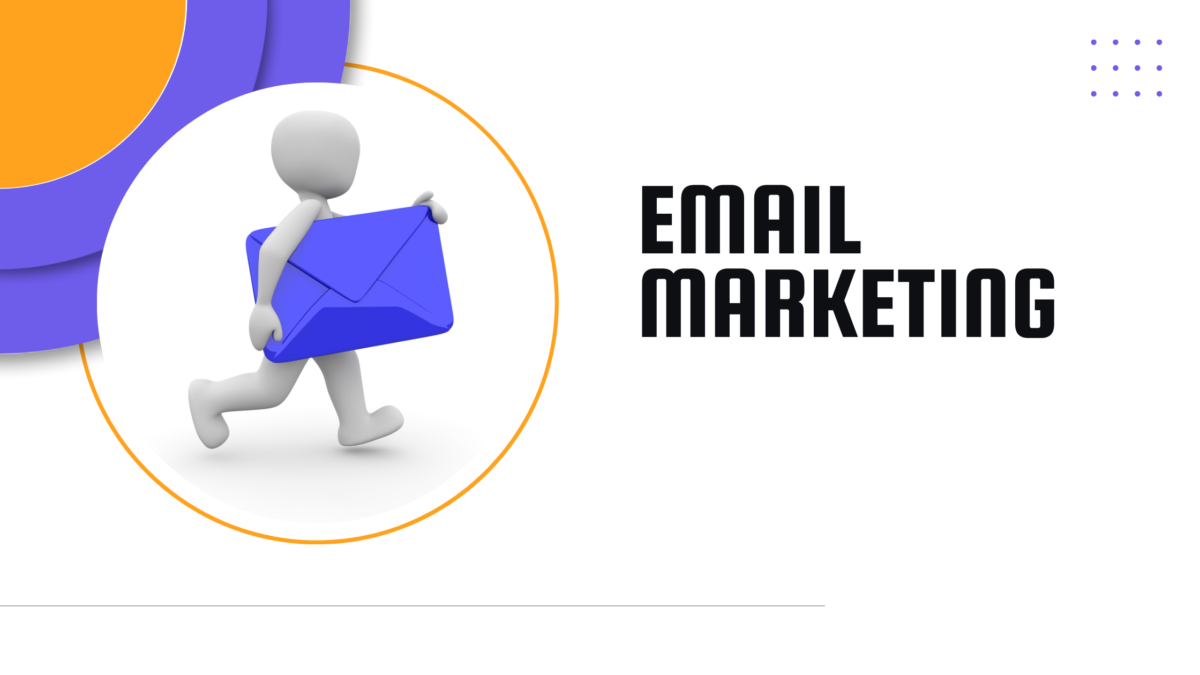
Email marketing is characterized by the fact that an advertising message or information is sent to interested parties or customers by email. In the broadest sense, any email that is sent to a potential or current customer can be referred to as email marketing – in addition to the “classic” newsletter, for example, welcome mails , birthday mails or transaction mails.
The legal basis for email marketing campaigns is a clear consent of the recipient: In contrast to most other forms of marketing, the recipient explicitly requests the messages (the double opt-in procedure is usually used here) and receives relevant ones Information instead of annoying advertising. The principle of so-called “permission marketing” thus forms the foundation for high-response email campaigns.
At the same time, the recipient can revoke their consent at any time by clicking on the unsubscribe link (“opt out”).
Email marketing is one of the most effective forms of digital marketing and is primarily used in the area of customer loyalty. For example, email campaigns can be sent to strengthen customer loyalty and encourage repeat purchases.
Possible goals in email marketing
- customer retention
- product sale
- service
- market research
- sales
- cost reduction
- branding
- fundraising
Essential success factors in email marketing
- Strategic quality: Have clear goals and the relevant key figures been defined? Has it been ensured that the campaign success can be evaluated in detail? Is email marketing networked with other marketing channels in the sense of cross-channel marketing ?
- Operational excellence: Are common email marketing best practices being followed? Is a professional technical infrastructure ( email marketing provider ) used? Have you checked out the latest phishing statistics to follow them?
- Cross- channel optimization: Key figures should not only be collected, but also used operationally in order to continuously optimize email campaigns, but also the upstream and downstream processes (opt-in/ email address acquisition , landing pages , ordering process…). .
Email Marketing: Pros and Cons
What are the advantages of email marketing in digital marketing? And what challenges do companies have to master?
Pros
- Efficient: Due to low (shipping) costs, efficient communication with customers and prospects can be established and the time required can be reduced using marketing automation .
- High measurability: The measures can be evaluated in detail.
- High relevance: If structured correctly, customers and interested parties only receive relevant content.
- Scalability: The effort for writing newsletters and mailings as well as for the design is independent of the distribution list size. The email marketing measures can thus be scaled without restrictions – the larger the mailing list, the more efficient the measures.
Cons
- Opt-in as a premise: Each recipient must have a clear consent to advertising.
- Legal risks, for example with regard to data protection (see also: email marketing and the GDPR ).
- The challenge of email design : Numerous email clients and different end devices make it difficult to design emails.
- Growing email volume: More and more companies are using email marketing – how can your own email campaign still attract attention in the inbox?
- Technical complexity, for example the connection to a CRM system is required in many cases.


